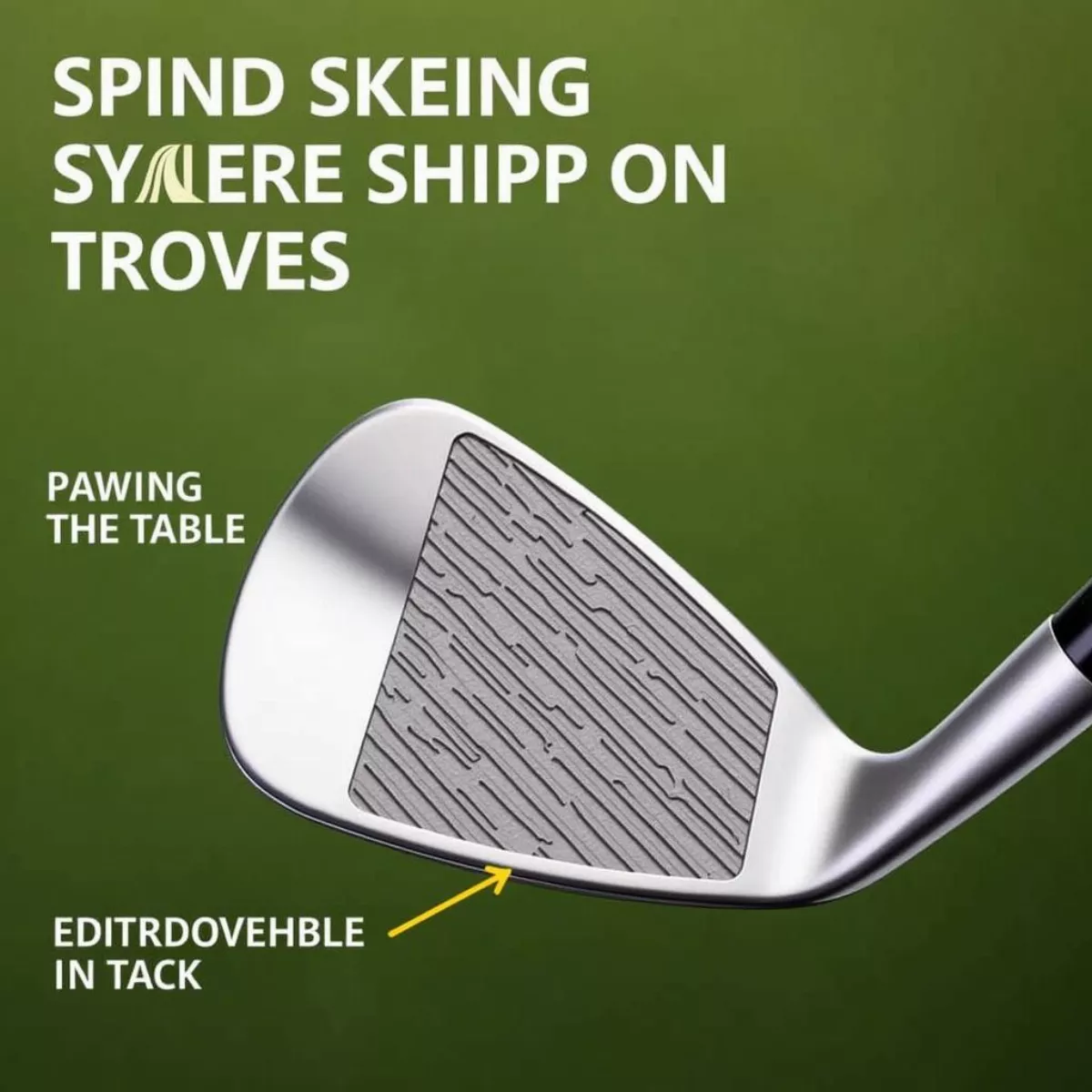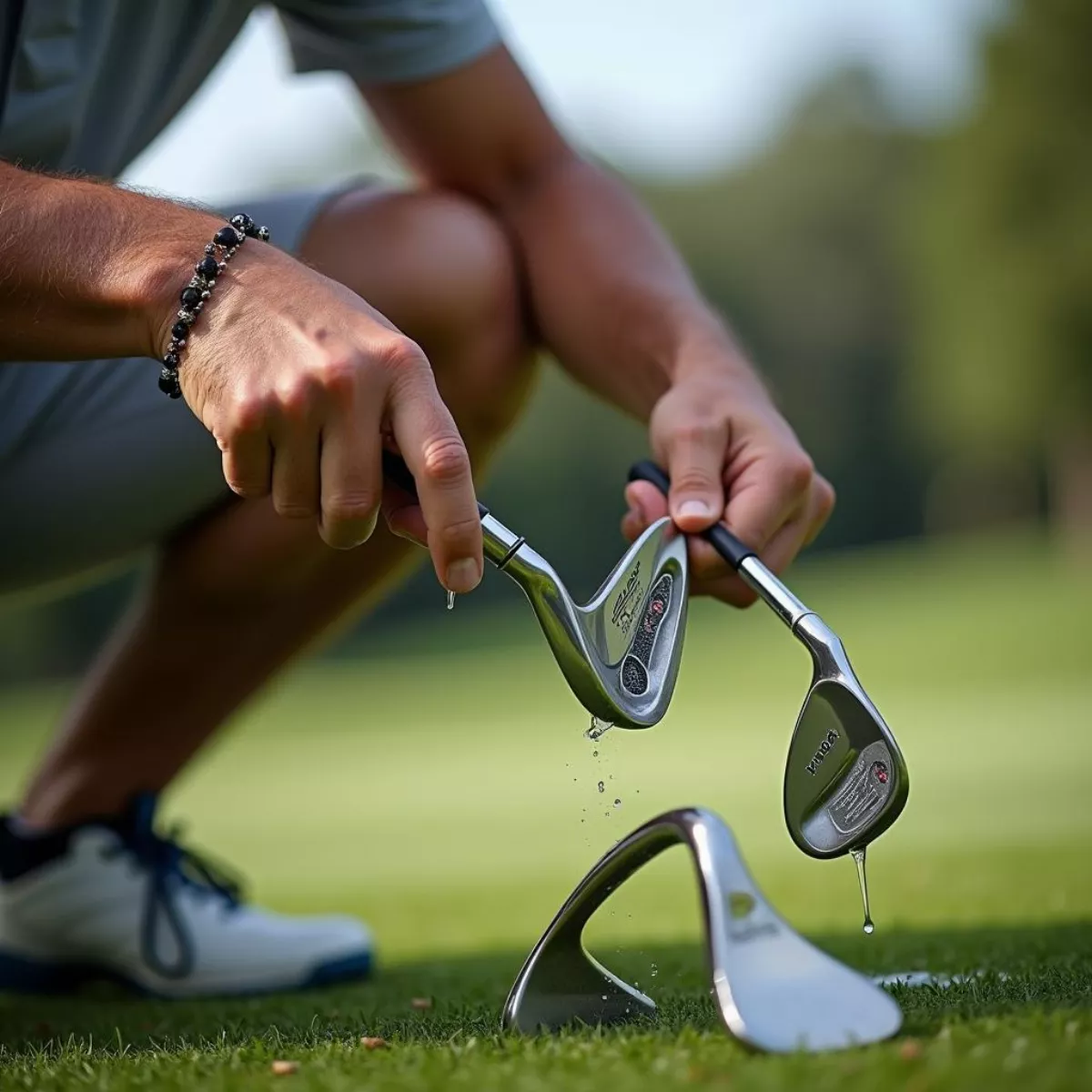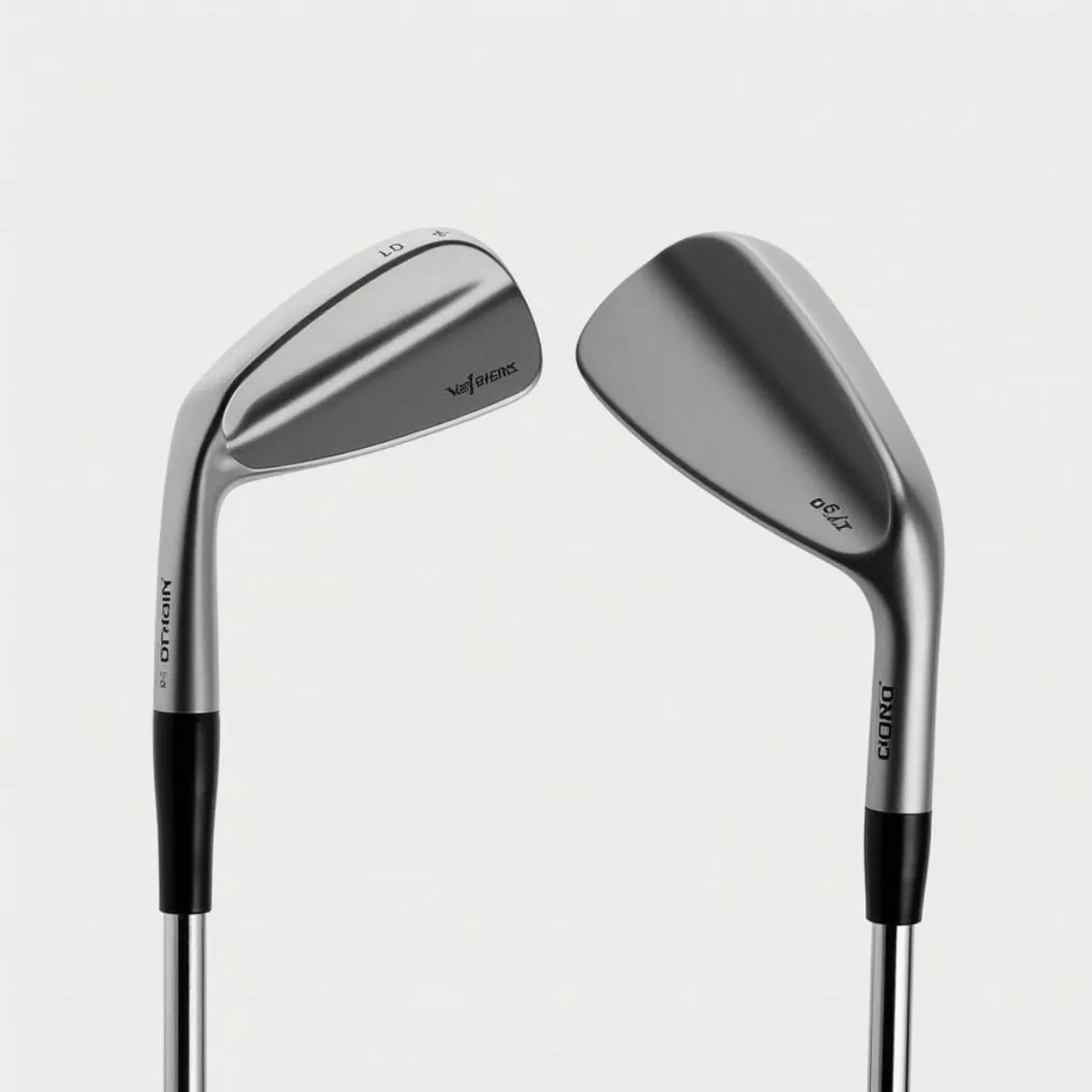Golf wedges are essential in a player’s arsenal, yet many golfers often overlook their maintenance and longevity. So, how long do wedges last? Understanding this can significantly affect your game and skill development. In this guide, we’ll explore the lifespan of wedges, the factors that influence it, and how you can extend the life of your favorite clubs. We’ll ensure you’re armed with all the information you need to make educated decisions about your golf equipment!
The Importance of Wedges in Golf
Wedges play a crucial role in short game performance. They allow players to execute delicate shots, from pitching to chipping, and play a vital part in improving the overall score. There are primarily four types of wedges:
- Pitching Wedge (PW): Often the first choice for approach shots, generally ranging from 44 to 48 degrees of loft.
- Gap Wedge (GW): Used for those tricky distances between a pitching and sand wedge, typically 50 to 54 degrees.
- Sand Wedge (SW): Designed mainly for bunker shots with a loft between 54 and 58 degrees.
- Lob Wedge (LW): For high, soft shots, usually with a loft ranging from 58 to 64 degrees.
With the right wedges, you can elevate your game. But aware of their lifespan is equally important.
How Long Do Wedges Typically Last?
The lifespan of golf wedges generally ranges between 3 to 5 years of regular play, depending on several factors, including:
- Usage frequency: The more often you play, the quicker your wedges will wear.
- Course conditions: Playing on sandy or abrasive courses can increase wear and tear.
- Player skill level: Beginners may not wear out their wedges as quickly compared to more skilled players who make more contact with the ground.
- Maintenance and care: Proper cleaning and storage can extend their longevity significantly.
Breakdown of Wedge Usage
Golf wedges are subject to wear based on how they’re used. The table below outlines typical usage patterns:
| Wedge Type | Typical Lifespan | Common Uses |
|---|---|---|
| Pitching Wedge | 3-4 years | Approach shots, chips from fairways |
| Gap Wedge | 3-5 years | Intermediate distances, short shots |
| Sand Wedge | 2-4 years | Bunker shots, short chips from sand |
| Lob Wedge | 2-4 years | High, delicate shots, chips over obstacles |
Factors Affecting Wedge Longevity
1. Material Quality
Wedges are often made from either carbon steel or stainless steel. Carbon steel wedges tend to provide better spin and feel but may wear out quicker than stainless steel ones.
2. Groove Design
More recent club designs feature sharper grooves that can result in improved spin control. However, these grooves can wear down over time, affecting performance.
 Close-up of golf wedge grooves
Close-up of golf wedge grooves
3. Playing Conditions
Wet or muddy conditions can lead to increased wear on golf wedges. Shadowing techniques (like skimming off grass) can also impact the condition of the clubface.
4. Playing Style
A player who tends to take deep divots or frequently engages in greenside chipping will likely see their wedges wear out quicker than a player who preserves turf.
How to Extend the Life of Your Wedges
Here are some effective tips to help extend the longevity of your wedges:
- Clean Regularly: After each round, clean your wedges with warm soapy water to remove dirt and debris.
- Dry After Use: Wipe the club head dry to prevent rust, especially if using carbon steel.
- Store Properly: Keep your wedges in a climate-controlled environment, away from excessive moisture and heat.
- Rotate Your Wedges: Avoid using the same wedges for every shot. This lessens the impact wear concentrates on one club.
- Check for Damage: Inspect the club for signs of damage, such as chips on the face or bent shafts, and replace if necessary.
 Golfer cleaning golf wedges
Golfer cleaning golf wedges
Signs It’s Time to Replace Your Wedges
Knowing when to replace your wedges is crucial for maintaining performance. Look for these indicators:
- Worn Grooves: If the grooves become shallow, it’s time for a replacement, as this directly impacts spin and control.
- Visible Damage: Chips, cracks, or bends in the shaft can severely affect performance.
- Rust Formation: While some players appreciate a rustic look, significant rust can affect performance and durability.
FAQs About Wedge Longevity
Q1: How can I tell if my wedge is worn out?
A1: Check for worn grooves, visible damage, or rust. The feel during impact will also change if it’s worn.
Q2: Should I replace my wedges every year?
A2: Not necessarily. If properly maintained, wedges can last 3 to 5 years depending on usage.
Q3: Can a professional re-groove my wedges?
A3: Yes, many club repair shops can re-groove your wedges, although this may alter their characteristics.
Q4: What’s the best material for golf wedges?
A4: Both carbon steel and stainless steel have their benefits. Choose based on personal preference and playing style.
 Comparison of carbon steel and stainless steel golf wedges
Comparison of carbon steel and stainless steel golf wedges
Q5: How often should I clean my wedges?
A5: After every play is recommended. At least rinse off dirt and residue.
Q6: Is it worth investing in high-end wedges?
A6: High-end wedges often offer better feel and performance but ensure they match your personal play style and skill level.
Q7: What impact does temperature have on wedge performance?
A7: Extremely high or low temperatures can affect club materials, potentially leading to damage over time.
Q8: Should I customize my wedges?
A8: Customization can improve performance based on your unique play style, offering advantages in comfort and spin.
Q9: Can I use my pitching wedge around the greens?
A9: Yes, but it’s designed for approach shots. Specific wedges like lob or sand wedges are better suited for delicate shots.
Q10: What’s the average cost for a new wedge?
A10: Prices typically range from $100 to $200, depending on brand and features.
Key Takeaways
- Lifespan: Wedges generally last between 3-5 years, influenced by usage, material, and care.
- Maintenance: Clean and store wedges properly to extend their life significantly.
- Signs of Wear: Look for worn grooves, visible damage, and rust as indicators it’s time for a replacement.
- Customize and Upgrade: Choosing the right material and investing in high-quality wedges can elevate your game.
By understanding the lifespan of your wedges and implementing proper care strategies, you can ensure that your short game remains sharp, helping you achieve your golfing goals. Always listen to your clubs and replace them when necessary to maintain optimal performance on the course. Happy golfing!
